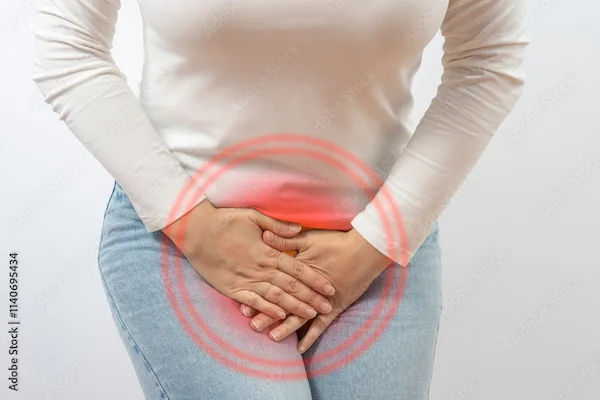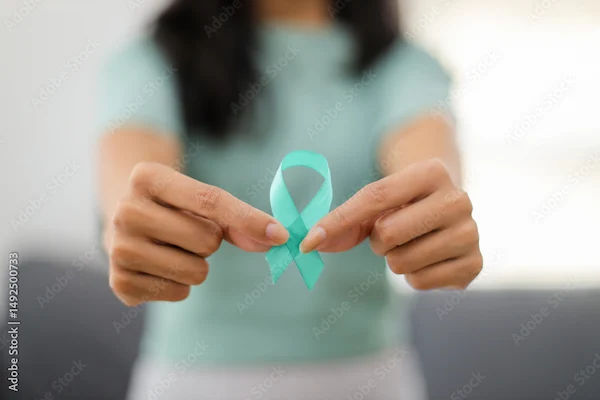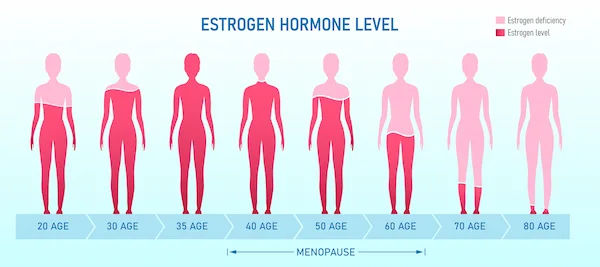How To Help Your Wife After A Hysterectomy?
Supporting your wife after a hysterectomy is crucial for her physical and emotional recovery. Learn practical ways to provide care, encouragement, and understanding during this important healing period.

Written by Dr.Sonia Bhatt
Last updated on 5th Jul, 2025

Introduction
A hysterectomy—the surgical removal of the uterus—is a major procedure that can significantly impact a woman’s physical and emotional well-being. If your wife has undergone this surgery, she will need extra care, patience, and support during her recovery. Your role as a partner is crucial in helping her heal smoothly and comfortably.
This guide will help you understand what to expect after a hysterectomy, how to support your wife physically and emotionally, and ways to make her recovery as smooth as possible.
Understanding Hysterectomy and Its Impact
A hysterectomy may be performed for various reasons, including:
Uterine fibroids
Endometriosis
Chronic pelvic pain
Abnormal uterine bleeding
Gynecologic cancers
Depending on the type of hysterectomy (partial, total, or radical), recovery time can vary from a few weeks to several months. The procedure can also bring hormonal changes, especially if the ovaries are removed, leading to surgical menopause.
Immediate Post-Surgery Care
Here are some post-surgery care tips:
1. Help with Mobility and Rest
Your wife will need plenty of rest in the first few days.
Assist her in getting up from bed or sitting down to avoid straining her abdominal muscles.
Encourage short, gentle walks to improve circulation and prevent blood clots.
2. Manage Pain and Discomfort
Ensure she takes prescribed pain medications on time.
Use ice packs (wrapped in a cloth) to reduce swelling.
Help her find comfortable positions while sitting or lying down.
3. Assist with Daily Activities
Avoid lifting heavy objects (including children) for at least 6 weeks.
Help with household chores like cooking, cleaning, and laundry.
Prepare easy-to-digest meals to prevent constipation.
To Know More Tips Consult Top Gynaecologists
Emotional Support After Hysterectomy
A hysterectomy can bring mixed emotions—relief from pain but also sadness or anxiety about the changes in her body. Here’s how you can help:
1. Be Patient and Listen
Let her express her feelings without judgment.
Reassure her that her emotions are valid.
2. Encourage Open Communication
Ask how she’s feeling physically and emotionally.
Discuss any concerns about intimacy (wait until her doctor gives clearance).
3. Help Her Stay Positive
Remind her of the long-term benefits of the surgery.
Engage in light activities she enjoys, like watching movies or reading together.
Long-Term Recovery Tips
Let us have a look at some of the long-term recovery tips:
1. Encourage Gradual Physical Activity
Walking is excellent for recovery, but avoid strenuous exercise until cleared by the doctor.
Pelvic floor exercises (Kegels) can help strengthen muscles.
2. Support a Healthy Diet
Fibre-rich foods (fruits, vegetables, whole grains) prevent constipation.
Protein (lean meats, beans, dairy) aids tissue repair.
Stay hydrated to help with digestion and energy levels.
3. Monitor for Complications
Contact the doctor if she experiences:
Heavy bleeding
Severe pain or swelling
Fever or signs of infection
Difficulty urinating
When to Resume Normal Activities?
Driving: Usually after 2-4 weeks (when she can move comfortably).
Work: Depends on the job type—desk jobs may resume in 3-4 weeks, while physically demanding jobs may take longer.
Intimacy: Wait until the doctor approves (typically 6-8 weeks).
Conclusion
Recovering from a hysterectomy takes time, and your support can make all the difference. By helping with daily tasks, offering emotional comfort, and encouraging healthy habits, you can help your wife heal faster and feel more confident in her recovery journey.
If you have any concerns about her recovery, don’t hesitate to consult a doctor. You can book a follow-up consultation or schedule tests through Apollo 24|7 for expert guidance.
Consult Top Gynaecologists
To Know More Tips Consult Top Gynaecologists

Dr Jaya Kumar Agarwal
Obstetrician and Gynaecologist
25 Years • MBBS , DGO , DNB (obstetric and gynecology) DGE diploma in Gyne endoscopy (Germany )
Delhi
Apollo Hospitals Indraprastha, Delhi

Dr. Vineet Mishra
Infertility Specialist
36 Years • MD, Phd, DSc
Ahmedabad
Apollo Hospitals - Gandhinagar, Ahmedabad, Ahmedabad

Dr Bhawna Garg
Gynaecological Oncologist
26 Years • MBBS, MS, (PGI MS ROHTAK) FELLOWSHIP GYNECOLOGY ONCOLOGY, (CANCER INSTITUTE CHENNAI)
Delhi
Apollo Hospitals Indraprastha, Delhi

Dr. Debashree Saha
Obstetrician and Gynaecologist
4 Years • MBBS, MS (Obstetrics & Gynaecology)
Kolkata
DR. DEBASHREE SAHA Clinic, Kolkata

Dr. Shruti I
Obstetrician and Gynaecologist
7 Years • MBBS, MS (OBSTETRICS & GYNAECOLOGY)
Bangalore
Apollo Clinic Bellandur, Bangalore
Consult Top Gynaecologists

Dr Jaya Kumar Agarwal
Obstetrician and Gynaecologist
25 Years • MBBS , DGO , DNB (obstetric and gynecology) DGE diploma in Gyne endoscopy (Germany )
Delhi
Apollo Hospitals Indraprastha, Delhi

Dr. Vineet Mishra
Infertility Specialist
36 Years • MD, Phd, DSc
Ahmedabad
Apollo Hospitals - Gandhinagar, Ahmedabad, Ahmedabad

Dr Bhawna Garg
Gynaecological Oncologist
26 Years • MBBS, MS, (PGI MS ROHTAK) FELLOWSHIP GYNECOLOGY ONCOLOGY, (CANCER INSTITUTE CHENNAI)
Delhi
Apollo Hospitals Indraprastha, Delhi

Dr. Debashree Saha
Obstetrician and Gynaecologist
4 Years • MBBS, MS (Obstetrics & Gynaecology)
Kolkata
DR. DEBASHREE SAHA Clinic, Kolkata

Dr. Shruti I
Obstetrician and Gynaecologist
7 Years • MBBS, MS (OBSTETRICS & GYNAECOLOGY)
Bangalore
Apollo Clinic Bellandur, Bangalore




